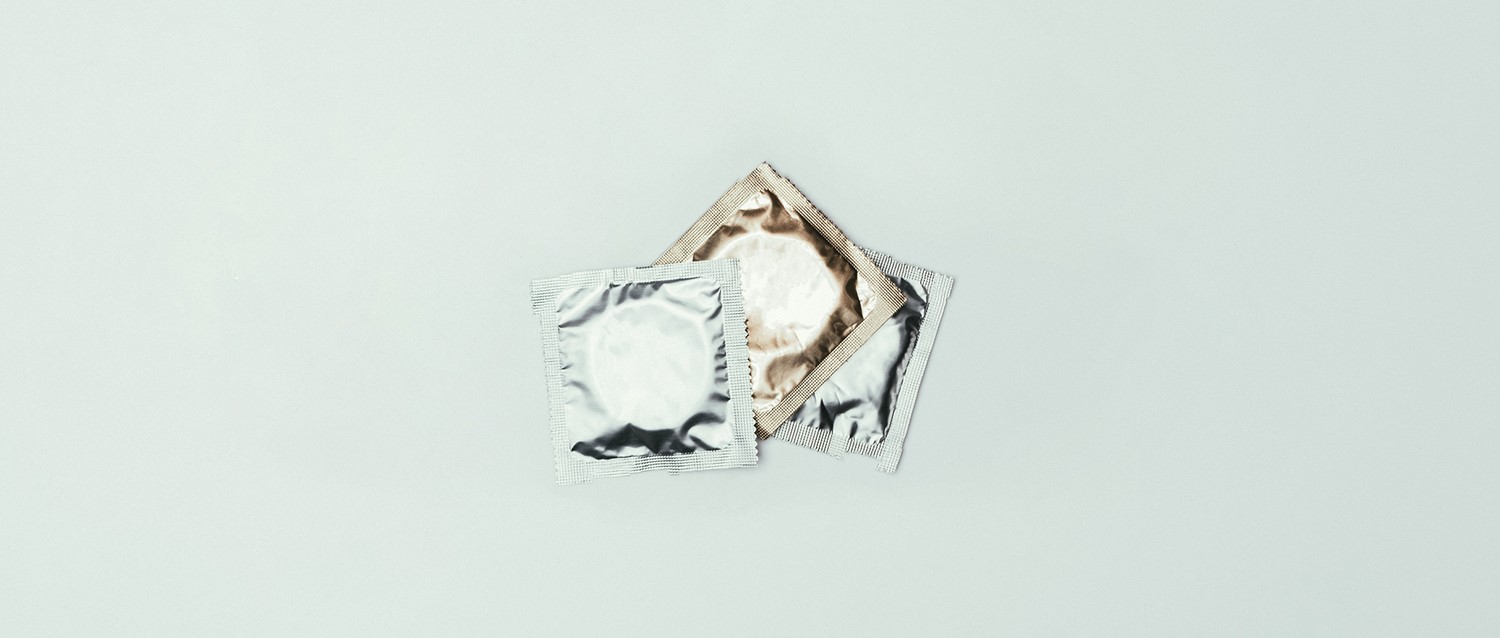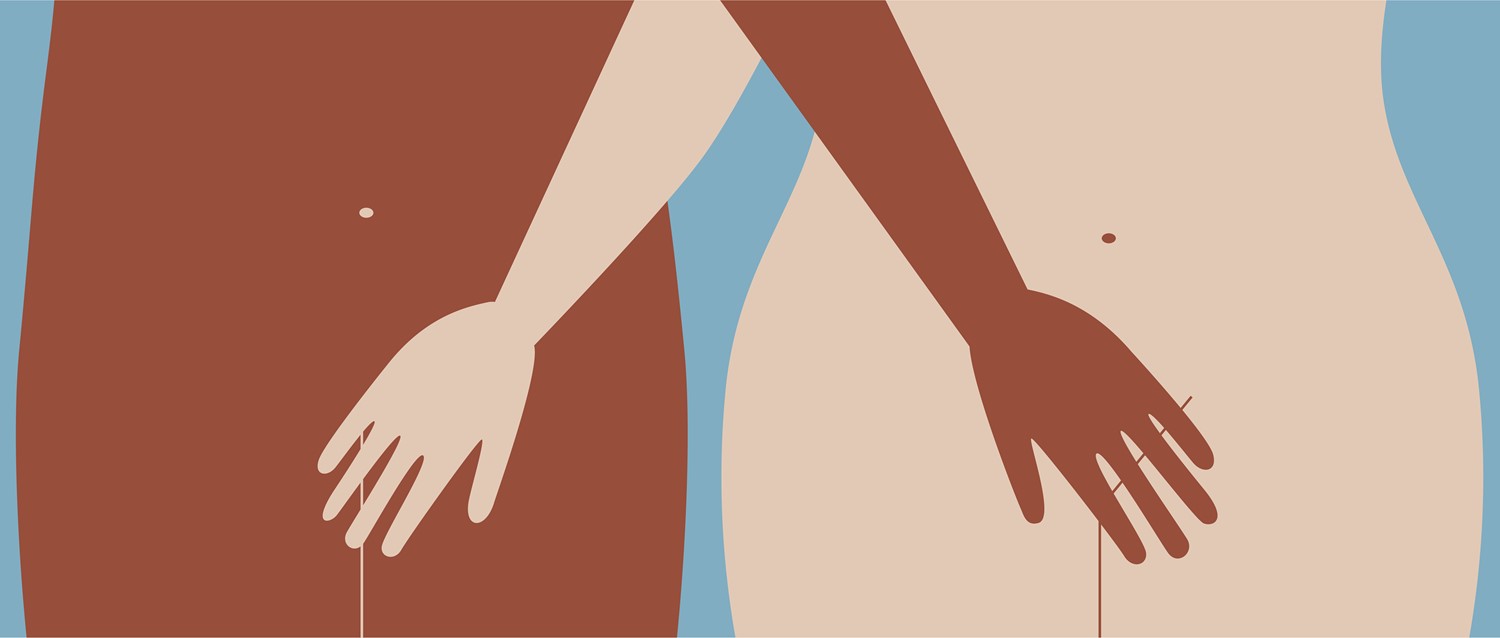
What you need to know before you take erectile dysfunction medication
Peer reviewed by Dr Sarah Jarvis MBE, FRCGPLast updated by Sally TurnerLast updated 8 Jul 2019
Meets Patient’s editorial guidelines
- DownloadDownload
- Share
- Language
- Discussion
- Audio Version
You can now buy erectile dysfunction (ED) medication over the counter at pharmacies. However, some men would be better off seeing their GP first as dosage and treatment options may need adjusting, and persistent ED can be an early warning sign of cardiovascular disease and other health conditions.
In this article:
Erectile dysfunction (ED), sometimes known as impotence, is a common issue that increases with age, and is defined as the inability to achieve or maintain a penile erection for sexual activity.
Men of all ages are likely to experience ED at some point, often as a result of stress, exhaustion, or anxiety, but the issue usually resolves once these causal factors are addressed. However, ED can have other causes, some of them associated with the ageing process, which have serious health implications.
Viagra is the Pfizer brand name for the generic ED drug sildenafil, which is now off-patent and produced by various pharmaceutical companies. According to NHS figures, prescriptions for it and other ED medications have tripled in the past decade, and earlier this year Pfizer announced that Viagra Connect would be available to buy without a prescription at pharmacies. But here's what you need to know before you purchase:
Continue reading below
ED could be an early warning sign
ED is now widely recognised as an early marker for the onset of cardiovascular disease (CVD) in midlife, and erection difficulties can also be a first symptom of type 2 diabetes and high blood pressure.
Dr Douglas Savage, a GP specialising in sexual medicine, and senior medical consultant at the Centre for Men's Health, is keen to highlight this issue.
"From the age of 40 onwards, the key message is that if you have ED you need to get your cholesterol level, blood pressure and blood sugar checked by your GP to assess whether you are at risk from type 2 diabetes or CVD," he says. "Get assessed before you buy ED drugs like Viagra to use as a quick fix."
Those at risk can then take appropriate action to address both the ED and other health issues in combination.
Pharmacists selling ED drugs are trained to highlight the link between ED and other health conditions to customers before purchase. However, some GPs have reservations about the new approach.
"It would be a tragedy if someone wanted to take the shortcut and buy unregulated pills online, or licensed drugs from a high street chemist, and other serious health issues were then missed," warns Savage.
Dr Sarah Jarvis isn't concerned about pharmacists' expertise, but does worry that some men may not heed their pharmacist's warnings.
"In my experience, pharmacists are extremely good at picking up possible underlyingproblems - possibly better than an overworked GP trying to deal with erectile dysfunction as the fourth problem the patient wants help with in a single 10-minute appointment. My only concern is that patients may not act on their pharmacist's advice to get checked out by their GP."
It's also worth noting that over the past five years, the UK's Medicines and Healthcare products Regulatory Agency (MHRA) has seized in excess of £350m worth of counterfeit and unlicensed ED drugs.
Your lifestyle might be the problem
Back to contentsShould all other health checks prove clear, then lifestyle factors may be a contributing factor.
"It's blood vessels not functioning properly that cause erection troubles and as exercise improves blood vessel function it's the best self-help approach for ED," says Savage. "Exercise is best taken moderately twice a day rather than once a week in a long session. You should also try to maintain a healthy weight, and stop smoking - smoking doubles your chances of erection problems."
Continue reading below
It won't be instant gratification
Back to contentsSildenafil works by temporarily dilating blood vessels in the penis during sexual arousal to make an erection easier to attain. It takes up to an hour to take effect and remains in the body for up to six hours.
"When Viagra was first available it was common for patients to think it wasn’t working, because they were expecting a spontaneous erection," Savage explains, "But the drug only works when you start sexual stimulation. It's not just going to happen while you're sitting on the sofa watching the football."
Taking too much can be a headache
Back to contentsSildenafil is tolerated well by most men but there may be some side-effects initially.
"With the first few doses you may get a bit of a throbby headache and nasal stuffiness," says Savage, but this is likely to reduce over time. Other common side-effects of ED drugs include flushing, indigestion and muscle pain.
Sildenafil is considered a relatively safe drug - hence it's recent move to availability without prescription - but what would happen if you took too much?
"I certainly wouldn't advise it," says Savage. "But no, you wouldn't end up with a permanent erection; more likely a very bad headache."
ED drugs should never be taken with alcohol or recreational drugs, and are contra-indicated with some cardiovascular medications including organic nitrate sprays used to treat angina.
Continue reading below
Viagra is not the only ED medication
Back to contentsAlthough Viagra is still the best-known ED drug, others including Cialis, Levitra and Spedra are also available.
"Cialis, nowadays called tadalafil in its generic form, is effective for up to 36 hours, allowing for much more spontaneity around sex over a longer period," explains Savage. "There is also a low-dose tadalafil pill which you take every day ongoing which is very effective. In older men who may well have prostate urinary symptoms, known as LUTS, it's also licensed to help those, so it's the perfect pill for the over-60s."
Historically tadalafil has been the most expensive of the ED drugs, with some GPs reluctant to prescribe it for this reason, choosing to offer sildenafil as a first-line treatment.
It don't work for everyone
Back to contentsDespite their phenomenal success rates, ED drugs don't always work effectively for all men. Your GP may prescribe alternative medications. But if none of these shows success, you may be referred to a specialist.
The reasons for this lack of response are not entirely clear, though other factors contributing to ED may need to be addressed in tandem with standard medication.
Further options
Back to contents"I do see much younger patients where psychological factors are often the cause, and occasionally psychosexual counselling can be of benefit," says Savage. "Another issue is decreasing testosterone levels as men age which can have a big impact on sexual function, energy, brain function and mood. Yet around 90% of men with low testosterone are unlikely to be on treatment because it's so often missed and under-treated."
Other options for treating ED include mechanical devices such as vacuum pumps, new ranges of innovative sex toys that use vibrations to stimulate male sexual response, penile creams and injections (alprostadil) and penile implants (for men who have experienced ED following radiotherapy, surgery, or trauma).
Where to seek help
Back to contentsViagra Connect costs up to £19.99 at UK pharmacies for four 50 mg tablets. Other generic ED medications may be cheaper.
"A GP is only meant to prescribe four sildenafil tablets a month to a patient under current NHS guidelines," says Savage. "It's rationing your sex life to once a week which is obviously not ideal, but GPs are under pressure to meet targets."
Patient picks for Men's sexual health

Sexual health
Do condoms really cause erection problems?
When it comes to safe sex, condoms are often the best option. Protecting against pregnancies (where applicable) and the transmission of many sexually transmitted infections (STIs), they are especially useful in new relationships or casual encounters. Unfortunately, they come with a couple of well-documented downsides. For many guys, using a condom means losing sensation. And when things are heating up in the bedroom, finding a condom and putting it on can interrupt the flow of sex.
by Abi Millar

Sexual health
Can men get thrush?
Three quarters of women will have a bout of vaginal thrush in their lifetime, and half will experience recurrences, but how does the condition affect men? Can thrush be sexually transmitted between partners? We dispel some misconceptions about this common yeast infection.
by Sally Turner
Article history
The information on this page is peer reviewed by qualified clinicians.
8 Jul 2019 | Latest version

Ask, share, connect.
Browse discussions, ask questions, and share experiences across hundreds of health topics.

Feeling unwell?
Assess your symptoms online for free
Sign up to the Patient newsletter
Your weekly dose of clear, trustworthy health advice - written to help you feel informed, confident and in control.
By subscribing you accept our Privacy Policy. You can unsubscribe at any time. We never sell your data.